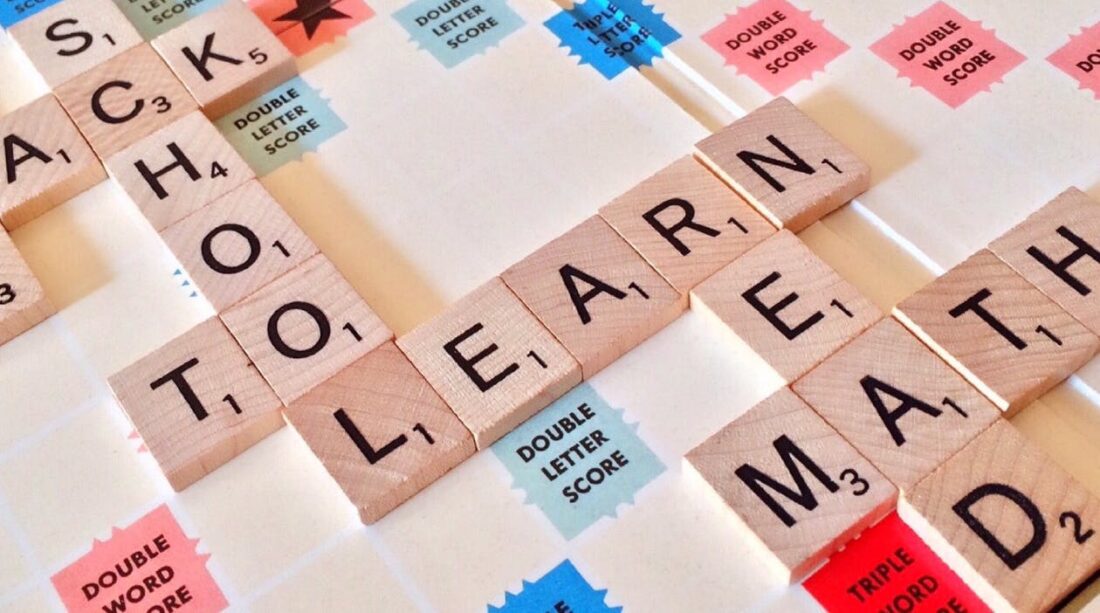
You are your child’s first and most crucial teacher as a parent. Children perform better and feel better about going to school when parents and families are involved in their schools. The success of a child in school is more dependent on what the family does than on how much money the family earns or how much knowledge the parents have. Parents can assist their kids’ learning at home and throughout the school year in a variety of ways. Here are some suggestions to get you going!
Meet the teacher of your child
Aim to meet your child’s teacher as soon as the school year begins. Inform the teacher that you want to support your child’s education. Make it clear that you want the instructor to get in touch with you if your child ever has any issues. The teacher of your child is a terrific resource for advice on how to build a relationship with them. Don’t let the inability to speak English stop you if you find it difficult. The content of your argument is more crucial than the language you use to express it. Request that the school assist you in finding an interpreter. A parent liaison might be able to offer assistance. You might also bring a friend who speaks both languages.
Check on your child’s progress
Find out from the teacher how your child is performing in class in comparison to other pupils. If your child is falling behind, particularly in reading, find out what you or the school can do to help. Before your child falls too far behind, it’s critical to take early action. Review your child’s report card each time it is released as well.
Obtain special assistance if you believe your child requires them
Ask the school to assess your child in the language that is most comfortable for him or her if they believe they are having learning difficulties. Your child may be able to attend class with accommodations thanks to the teacher. Your child may be eligible for free additional assistance if the school determines that he has a learning problem.
If you are hesitant to assist your child with their homework because you believe you lack sufficient subject knowledge, you can still be of assistance by demonstrating your interest, assisting your child with organisation, providing the necessary materials, asking your child about daily assignments, checking to see that the work is finished, and praising all of your child’s efforts. Always keep in mind that doing your child’s schoolwork won’t benefit him in the long run.
Find out what the school has to offer
Read the information the school sends home, and if required, ask for information to be sent to you in your original tongue. To learn about the programmes the school offers, ask other parents. Your child might like a music programme, an after-school activity, a sports team, or a tutoring programme. Keep a record of everything that happens during the academic year. It is also important to consider what school you are sending them too, can they meet all of their needs? See top schools like Eva Carlston Academy for them.



